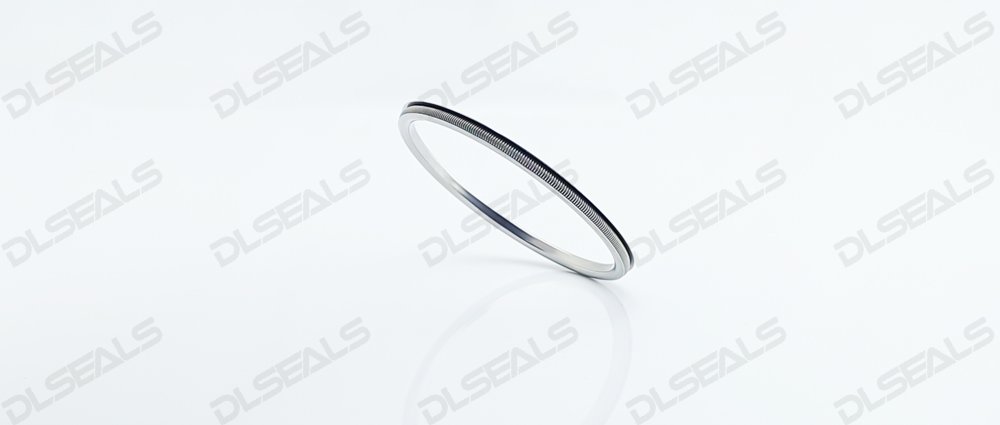When it comes to sealing solutions for your project, the choice between metallic and rubber seals can significantly impact performance, longevity, and cost-effectiveness. Each type offers unique advantages and considerations, making the decision crucial to the success of your project.
Metallic Seals:
Metallic seals, typically made of materials like stainless steel, offer robust durability and resilience. They excel in high-pressure, high-temperature environments where resistance to corrosion and extreme conditions is paramount. Metallic seals are known for their exceptional strength and stability, making them ideal for demanding industrial applications such as aerospace, oil and gas, and automotive industries.
Advantages of Metallic Seals:
High durability and resilience in extreme conditions.
Excellent resistance to corrosion and chemical degradation.
Suitable for high-pressure and high-temperature environments.
Longevity and reliability in demanding industrial settings.
Wide range of applications in aerospace, oil and gas, and automotive industries.
Considerations for Metallic Seals:
Higher initial cost compared to rubber seals.
May require precision machining for custom designs.
Limited flexibility compared to rubber seals.
Rubber Seals:
Rubber seals, commonly made from materials like nitrile, silicone, or EPDM, offer versatility and cost-effectiveness. They provide excellent sealing properties against liquids and gases and are suitable for a wide range of applications across industries. Rubber seals are known for their flexibility, ease of installation, and ability to conform to irregular surfaces, making them popular in automotive, marine, and household appliances.
Advantages of Rubber Seals:
Cost-effective solution for sealing applications.
Excellent flexibility and ability to conform to irregular surfaces.
Wide range of material options for different requirements.
Easy to install and replace, reducing downtime and maintenance costs.
Suitable for various industries, including automotive, marine, and household appliances.
Considerations for Rubber Seals:
Limited durability and resilience compared to metallic seals.
Susceptible to degradation from UV exposure, ozone, and harsh chemicals.
May require periodic replacement in demanding environments.
Conclusion:
Choosing between metallic and rubber seals depends on your project’s specific requirements, operating conditions, and budget constraints. While metallic seals offer superior durability and performance in extreme conditions, rubber seals provide versatility and cost-effectiveness for a wide range of applications. Consider consulting with sealing experts to determine the best solution for your project needs.
Post time: May-15-2024

